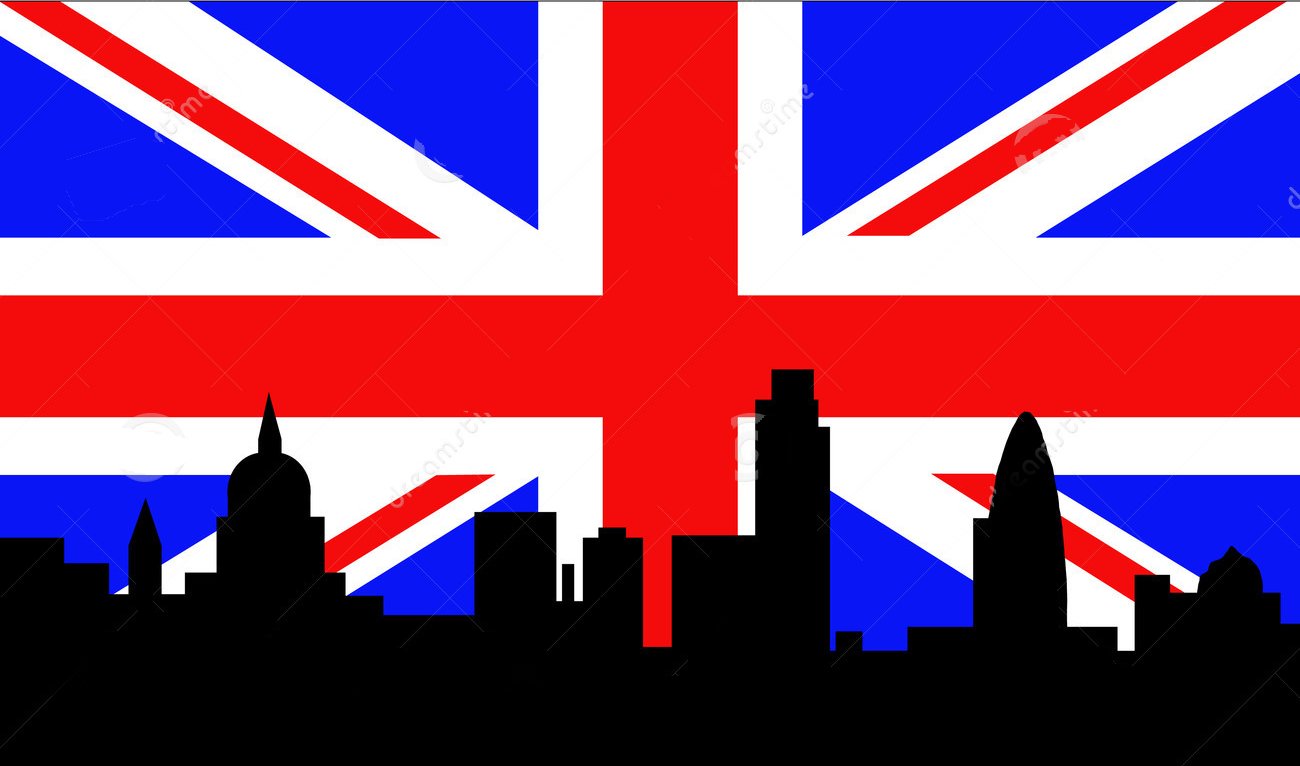I would like to talk about 2 things today
Lets start with -Common titles
Sometimes students ask me about the title ‘Ms’/məz/. It’s relatively modern and is a title that women can use to avoid showing whether they are married- they would normally need to choose between ‘miss’ and ‘mrs’ (abbreviations of ‘mistress’).
Men, of course, do not need this as their title does not change following marriage. Unlike many continental languages, age does not affect your title in English (although this used to be the case, boys were once called ‘master’) and the word ‘sir’ or ‘madam’ can be used in formal situations simply to show respect.
It is common, for example, for employees in shops and restaurants to call customers ‘sir’ or ‘madam’.
Pronouncing your ‘r’s in British English
Pronunciation of this small letter is probably one of the most noticeable elements of British accents, as ‘r’s occur at the end of so many words in English, and while there are many accents in Britain, most of them use a silent ‘r’. This feature can distort pronunciation so much that I’ve had students fail to recognise very common words when I said them! Here’s what you need to know, for this type of accent: you should only say an ‘r’ when it appears before a vowel sound, but don’t ever say an ‘r’ when it appears before a consonant or at the end of a word- then, you’ll have perfect British English!
This arises all the time because so many nouns in English finish with an ‘er’ such as ‘brother,’ ‘soldier,’ ‘carer’ etc and these are pronounced as a schwa /ə/. So, weak syllables simply become this flat open-mouth sound. On strong syllables, use the ‘r’ to basically make the vowel longer: /ɔ:/ more, /ɑ:/ bar, /eə/ there and /ɪə/ fear. Sorted! Try it out today!
Please contact me for private lessons!















